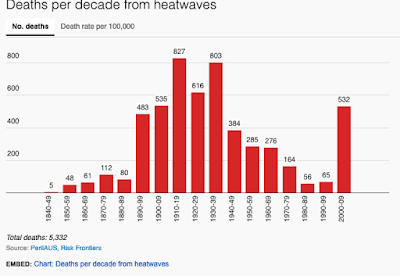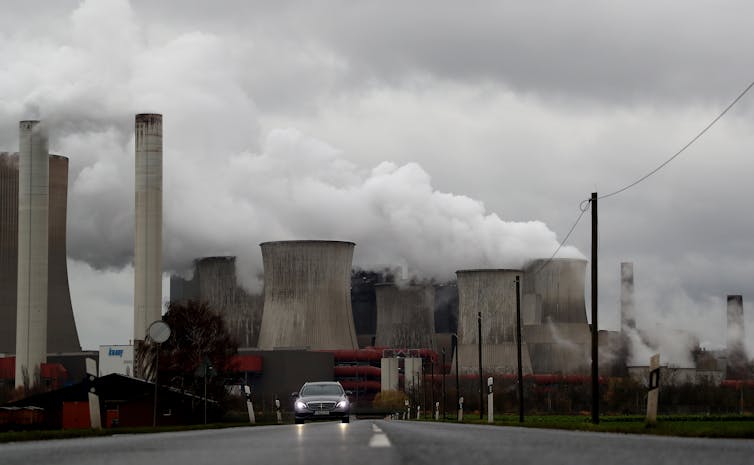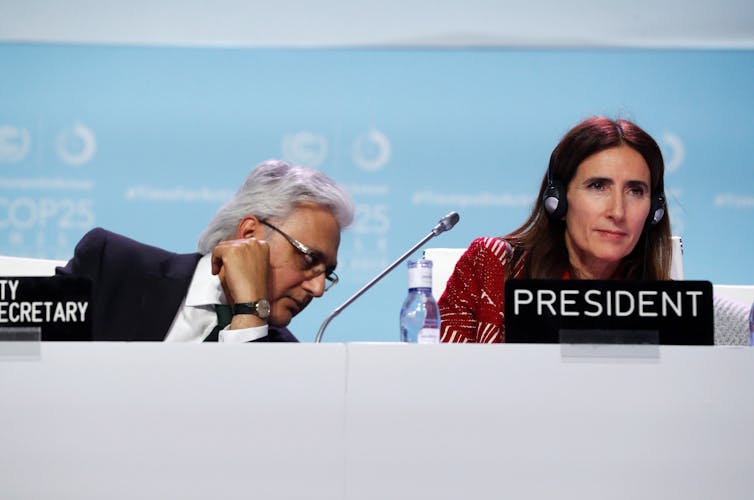Things are pretty dire right now. Giant swaths of my country are burning as I write this, at a scale unlike anything we've ever seen. Countless animals, including koalas, are perishing along with our life-supporting greenery. People are losing homes and loved ones.
These catastrophes are being replicated around the globe ever more frequently, and we know exactly what is exacerbating them. We know we need to rapidly make some drastic changes - and Stanford researchers have come up with a plan.
Using
the latest data available, they have outlined how 143 countries around
the world can switch to 100 percent clean energy by the year 2050.
This
plan could not only contribute towards stabilising our dangerously
increasing global temperatures, but also reduce the 7 million deaths
caused by pollution every year and create millions more jobs than
keeping our current systems.
The plan would require a
hefty investment of around US$73 trillion. But the researchers'
calculations show the jobs and savings it would earn would pay this back
in as little as seven years.
"Based on previous
calculations we have performed, we believe this will avoid 1.5 degree
global warming," environmental engineer and lead author Mark Jacobson
told ScienceAlert.
"The timeline is more aggressive than any IPCC scenario - we concluded in 2009
that a 100 percent transition by 2030 was technically and economically
possible - but for social and political reasons, a 2050 date is more
practical."
Here's how it would work. The plan involves
transitioning all our energy sectors, including electricity, transport,
industry, agriculture, fishing, forestry and the military to work
entirely with renewable energy.
Jacobson believes we
have 95 percent of the technology we need already, with only solutions
for long distance and ocean travel still to be commercialised.
"By electrifying everything with clean, renewable energy, we reduce power demand by about 57 percent," Jacobson explained.
He
and colleagues show it is possible to meet demand and maintain stable
electricity grids using only wind, water, solar and storage, across all
143 countries.
These technologies are already available,
reliable and respond much faster than natural gas, so they are already
cheaper. There's also no need for nuclear which takes 10-19 years
between planning and operation, biofuels that cause more air pollution,
or the invention of new technologies.
"'Clean coal' just
doesn't exist and never will," Jacobson says, "because the technology
does not work and only increases mining and emissions of air pollutants
while reducing little carbon, and their is no guarantee at all the
carbon that is captured will stay captured."
The team found that electrifying all energy sectors
makes the demand for energy more flexible and the combination of
renewable energy and storage is better suited to meet this flexibility
than our current system.
This plan "creates 28.6
million more full-time jobs in the long term than business as usual and
only needs approximately 0.17 percent and approximately 0.48 percent
land for new footprint and distance respectively," the researchers write in their report.
Building
the infrastructure necessary for this transition would, of course,
create CO2 emissions. The researchers calculated that the necessary
steel and concrete would require about 0.914 percent of current CO2
emissions. But switching to renewables to produce the concrete would
reduce this.
"You're probably not going to predict exactly what's going to happen," said Jacobson. "But there are many solutions and many scenarios that could work."
Technology writer Michael Barnard believes the study's estimates are quite conservative - skewing towards the more expensive technologies and scenarios.
The authors of
the report stress that while implementing such an energy transition, it
is also crucial that we simultaneously tackle emissions coming from
other sources like fertilisers and deforestation.
This
proposal could earn push-back from industries and politicians that have
the most to lose, especially those with a track record of throwing massive resources at delaying our progress towards a more sustainable future. Criticisms of the team's previous work have already been linked back to these exact groups.
But
"the costs of transitioning have dropped so low, transitions are
occurring even in places without policies," said Jacobson. "For example,
in the US, 9 out of the 10 states with the most wind power installed
are Republican-voting states with few or no policies promoting wind
power."
Over 60 countries have already passed laws
to transition to 100 percent renewable electricity by between 2020 and
2050. This guide can give them and other countries an example of how
this can practically be done.
"There's really no downside to making this transition," Jacobson explained to Bloomberg. "Most people are afraid it will be too expensive. Hopefully this will allay some of those fears."
They reviewed major criticisms of 100 percent renewable energy transition plans and concluded "the principal barriers to [100 percent renewable electricity systems] are neither technological nor economic, but instead are primarily political, institutional and cultural."
So, multiple lines of
evidence insist we have the technology, resources and knowledge to make
this possible. The only question is, can enough of us put aside our
fears and ideologies to make it happen?
"The biggest
risk is that the plans are not implemented quickly enough," Jacobson
said. "I hope people will take these plans to their policymakers in
their country to help solve these problems."
The report has been published in the journal One Earth; more details for individual countries can be found here.
#jailclimate criminals
See also:


















